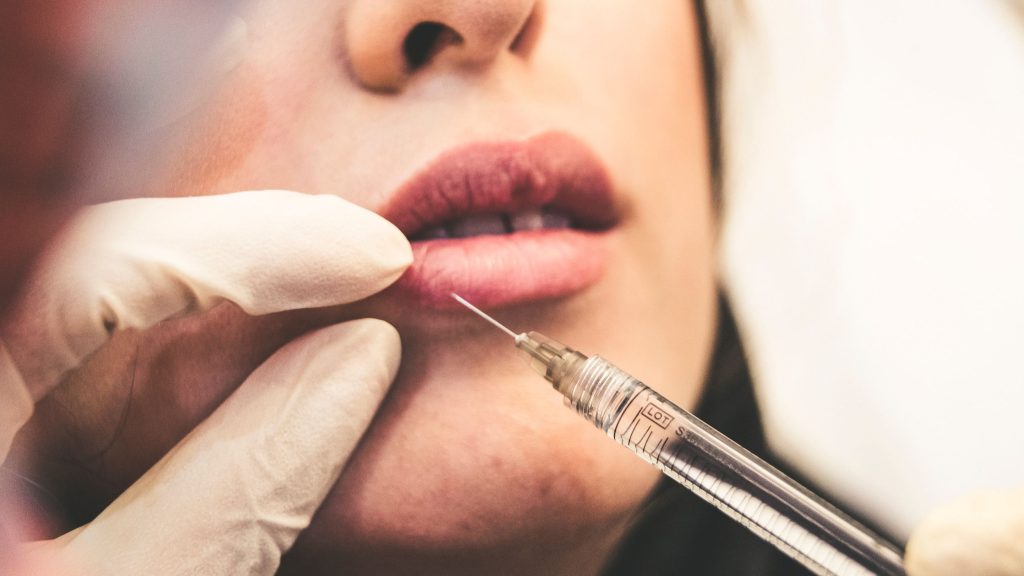
Esthetician vs Aesthetician: Professional Differences
When discussing the skincare industry, the words “esthetician” and “aesthetician” are used almost interchangeably. You may be surprised to learn that while these words are used to discuss similar professions, there is more to them than just a spelling preference.
Let’s shed some light on the definitions behind each title, their crossover in offered services, and the differences between the two.
What is the role of an esthetician?
First, let’s start off with understanding estheticians. When referencing an esthetician, you are discussing a person whose profession is often the cosmetic procedures side of skincare. Below we’ve listed out some easy ways to distinguish which types of skillsets and services belong to estheticians.
Estheticians are focused on cosmetics more than aestheticians
Estheticians specialize in beauty services and health of your skin, carrying out services such as facials, lash extensions, microblading, makeovers, and more. The primary goal of estheticians is to improve the look and texture of your skin through a series of customizable services curated just to target specific, problematic areas.
What kinds of estheticians are there?
Although most licensed professionals in this field of work are best known for their ability to cater to the needs of their clients’ skin, estheticians also have the skillset to provide full body waxing services, facial services, and lash services as well.
Who do estheticians usually have as clients?
The clientele for estheticians is diverse to say the least. Services provided can be as simple as an influencer coming in for their bi-weekly facials to keep them camera ready, or as complex as a teen coming in for specialized acne treatments. When it comes to estheticians, they get to work with practically every walk of life.
What is the role of an aesthetician?
Keeping in the realm of skincare, the role of someone with an aesthetician license is slightly more complex than that of a licensed esthetician. Where estheticians focus on a diverse set of skin treatments and services, aestheticians offer services that are medically inclined.
Aestheticians are medically focused
Going beyond the surface of your skin, the treatments that aestheticians specialize in are geared towards helping clients with severe skin conditions or medically required treatments. These services can range from extensive chemical peels, laser treatments, injectables, and more.
Who does an aesthetician usually treat?
Those seeking skincare services from an aesthetician are likely dealing with complex skin concerns such as scarring and chronic, recurring skin conditions. While acne scars are commonly treated with the help of aestheticians, this advanced medical spa setting can also offer non-surgical solutions to a wide range of skin problems including aging, HRT, skin rejuvenation, weight loss, and so many more.
Are there different types of aestheticians?
Similar to the skincare professionals in the esthetician field, medical aestheticians also go through specialized training and several years experience in a medical setting before branching out and becoming the skin care professionals they are. These trainings can be on a number of advanced techniques such as corrective skincare or anti-aging treatments that utilize cutting edge technology and specialized equipment.
What are the main differences between estheticians and aestheticians?
Still not entirely sure how to identify each type of skincare professional? Don’t sweat it! Below we’ve outlined a few other distinguishing features that can help you understand who’s who.
The settings that they work in are different
The biggest tell tale is that aestheticians are skin care specialists that work in a medical setting. Estheticians are also skin care experts, but they flourish within the beauty industry, opting for a career path that focuses on the needs of the average person.
There are different schoolings for both aesthetics and esthetics
Both estheticians and aestheticians require specialized education requirements; however, estheticians attend schooling for a wide range of services and aesthetician programs choose a focused field to study and perfect. For example, some aestheticians will specialize in tattoo removal and laser hair removal, opting to take specific courses to master the service being provided.
Estheticians may become aestheticians over the course of their career
Due to how highly specialized the career field of an aesthetician is, some people choose to begin as estheticians. After getting some experience in the field, and attending further training, you can evolve into the role of an aesthetician! That’s not to say that one is better than the other. Both specializations are required within the esthetics industry, and help serve every client’s needs!
Bosses in Beauty is here to define the path that you want to choose!
Our testimonials inspire greatness and speak for themselves! Bosses In Beauty is here to provide the best education and information to current and future (a)estheticians around the globe. With Bosses in Beauty, we teach you how to change your job into a lucrative and rewarding career field that allows you to work efficiently and effectively.

The
6-Figure Beauty Business Blueprint
An 8-week live program for solo estheticians who want to attract more clients and hit their first six-figures using our proven 6-figure blueprint.

Build Your
7-Figure Team
An 8-week live program for beauty professionals ready to hire, lead and scale their team to seven figures and beyond.



